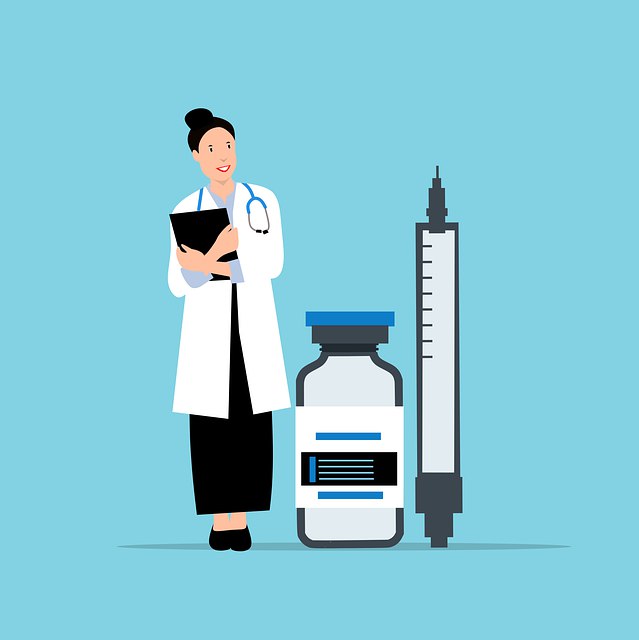
These are the instructions that many people administered with tablets and capsules, especially find it hard to swallow. Crushing, splitting, or chewing medicine may appear as an easier way of taking it; however, this exposes one to a number of serious risks associated with health problems.
This guide will discuss why some medications need to be kept whole, name names of kinds of medications that fall into this category, and outline safe options and techniques for people who have trouble swallowing pills.
Why Certain Medications Should Not Be Altered

Increased risk for side effects
Crushing, splitting, or chewing has the potential for serious unintended side effects for some medications. These medication changes may allow the body to quickly break down the active ingredients, sending an unusually strong avalanche of dosage—that your body may not be able to safely handle—its way.
Decreased Efficacy
Changing the form of some medicines makes them less effective. Many drugs are formulated to release their active ingredients in the body over some time, and breaking their structure can disrupt this controlled release mechanism that leads to reduced therapeutic efficacy.
Types of Medications That Should Remain Intact

Modified-Release Dosage Forms
There is a class of drugs that falls into the modified-release class. These are manufactured to release their action peripherally gradually. Crushing, splitting, or chewing these medications would activate the dose at one time, promoting side effects and decreasing efficacy. Look for these labels on your prescription to identify modified-release medications:
- Delayed-release (DR)
Extended-release (ER, XR) - Modified-release (MR
- Sustained-release (SR)
- Controlled-release (CR)
Special Coatings
Some medications—either due to their chemical properties or their manufacturers’ precautions—have special coatings on them that protect the stomach or make it easier to mask unpleasant tastes in the mouth.
An enteric coating, for instance, ensures that the medication passes through the stomach to disintegrate in the small intestine. It is so that the most drugs could be recognized—all with as little an irritative influence as possible.
Changing these medications can compromise their protective coating, leading to irritation or decreasing their effectiveness.
Hazardous Medications
Medications taken for the treatment of cancer and other serious medical conditions can be dangerous if crushed, split, or chewed.
Powders from these medications are so dangerous that even someone touching them, who is not properly trained and geared with protective equipment must be attended to immediately.
These medications are only to be altered or administered by healthcare professionals that are properly trained to do so.
Dissolvable Dosage Forms
Medications that are designed to dissolve in the mouth or beneath the tongue should not be altered. Frequently, these preparations maximize drug delivery directly into the circulation. If the form is compromised, they are robbed of essentially both efficacy and convenience.
Special Technologies
Some medications utilize advanced technologies, such as amorphous solid dispersion or nanocrystal technology, to enhance absorption. These medications must remain intact to work correctly.
Capsules
Dosage Forms Capsules Capsules may contain powders, pellets, or liquids which are metered for accurate dosage. Capsules should never be crushed or chewed since this will nullify the accurate dosage.
Some capsules may be opened up and their contents sprinkled on soft food items ; however, this is only recommended under the advisory measures of a pharmacist.
Common Medications That Should Not Be Crushed, Split or Chewed

Modified-Release and Special Coating Medications
- Acetaminophen ER (Tylenol 8HR )
- Aspirin EC (Ecotrin)
Bisacodyl (Dulcolax) - **Alprazolam ER (X
- Bupropion ER (Wellbutrin SR/XL)
- Oxycodone ER (OxyContin)
- Morphine sulfate ER (MS Contin)
**Amoxicillin/clavulanate ER (Augmentin XR - Ciprofloxacin ER (Cipro XR)
- Zolpidem ER (Ambien CR
Hazardous Drugs
- Abiraterone Zytiga
- Anastrozole (Arimidex)
— Capecitabine (Xeloda) - Cyclophosphamide (Cytoxan)
- Imatinib (Gleevec)
- Lenalidomide (Revlimid)
– Methotrexate - Osimertinib (Tagrisso)
- Tamoxifen (Soltamox)
Special Technology Medications
- Etravirine (Intelence)
- Glecaprevir / pibrentasvir (Mavyret)
- Lopinavir / ritonavir (Kaletra)
- Aprepitant (Emend)
- fenofibrate (TriCor)
- Itraconazole (Sporanox)
Irritating or Bad-Tasting Medications
- Benzonatate (Tessalon Perles)
- Ferrous gluconate (Fergon)
- Ferrous sulfate (Feosol
- Diclofenac / misoprost
- Piroxicam (Feldene)
- Alendronate
- Ibandronate – Risedronate (Actonel, Atelvia)
How to Tell If Your Medication Can Be Changed
Many prescription labels will indicate if a medication may be crushed, split, or chewed. Tablets that are scored—that is, have a line down the middle—are generally safe to cut. However, the safest course is always to consult a pharmacist who can review your medication list and provide specific guidance.
Safe Alternatives for Those Who Struggle with Swallowing Pills
Alternative Dosage Forms
If you cannot alter your medication, consider switching to a different dosage form. Options include:
- Liquid
- Chewable or dissolving tablets
- Suppositories
- Injections
- Capsules (if this will be easier to swallow than tablets)
Pill Swallowing Strategies
There are several helpful strategies if an appropriate alternative dosage form is not available:
- Take your medication with a full glass of water.
- Tip your head forward or turn it to the left or right while swallowing.
- The pop-bottle method: Putting the tablet on your tongue, sealing your lips around the opening of a bottle, tipping your head back, and then drawing down water from the bottle along with your tablet
- .Use a pill coating device, spray, or gel.
How to Safely Split or Crush Medications
Use a good quality tablet cutter to provide even splitting if your medication can be safely altered. Do not use knives, as these cause uneven splitting and may lead to some injuries. Use a dedicated tablet crusher if one has to crush tablets; mix the crushed tablets with a correct food or drink as advised whether liked by your pharmacist.
Conclusion
Knowing when not to make changes to some medications, and why, works to protect a medication’s benefit and lessen possible risks.
Do not make changes to your medication unless instructed to do so by a pharmacist. Follow these steps to be sure you reap the full benefits of your prescribed therapies in a safe manner.